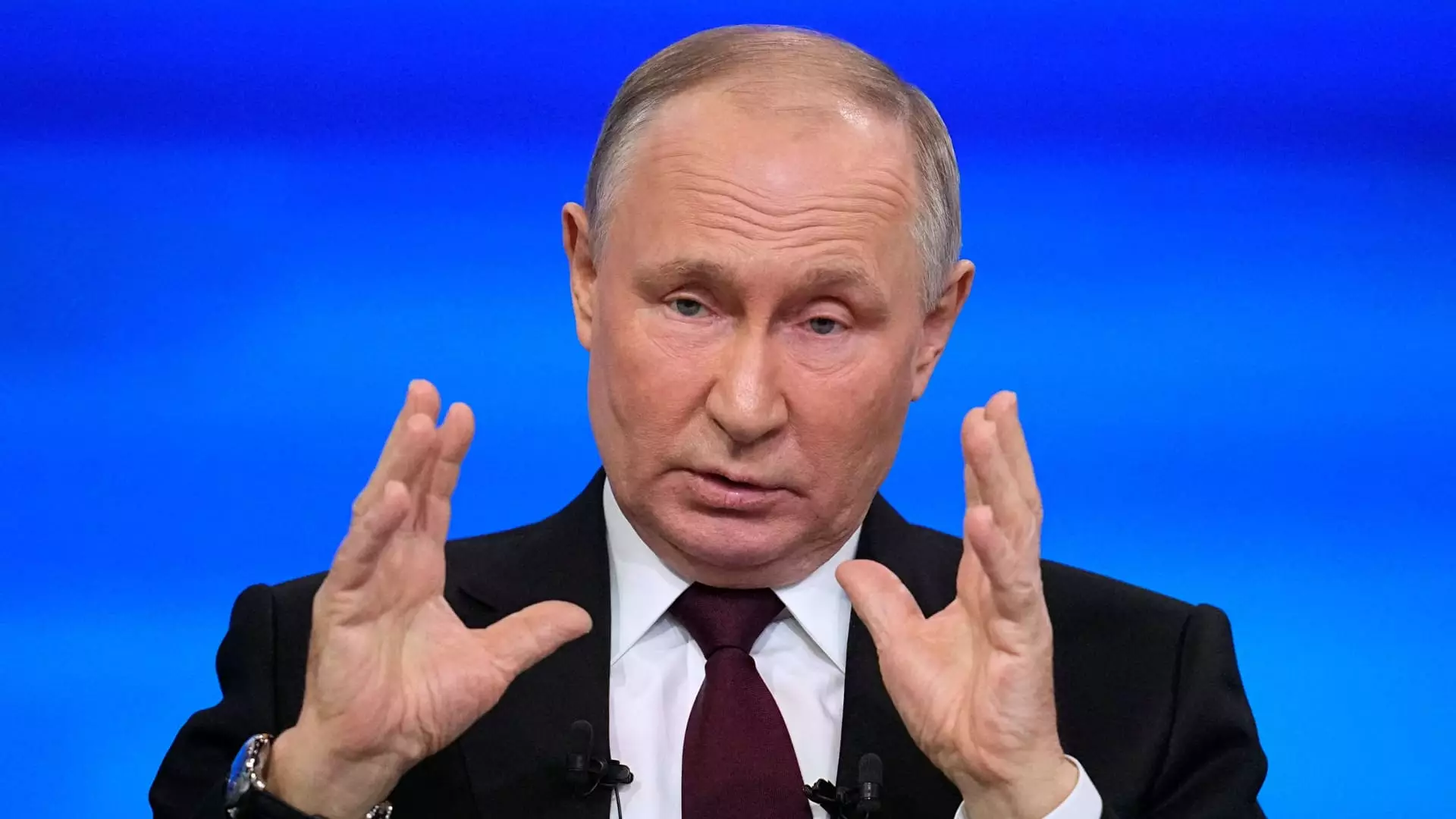In a relentless escalation of tension and hostility, Russia and Ukraine have reportedly engaged in mass drone attacks on each other’s territories for two consecutive days. These drone attacks have resulted in significant damage to military equipment and civilian casualties. The constant drone surveillance and targeted strikes have further intensified the ongoing conflict between the two countries.
The Russian Defense Ministry stated that at least 35 Ukrainian drones were shot down overnight in three regions of southwestern Russia. Among the targets was a Russian air base that houses bomber aircraft used in the war in Ukraine. This revelation was made by a Russian Telegram channel critical of the Kremlin, which shared videos of drones flying over residential areas in the Russian town of Morozovsk where the air base is located. The governor of Russia’s Rostov province, Vasily Golubev, also reported “mass drone strikes” in Morozovsk and another town, but did not mention the air base specifically.
As of Sunday evening, the Ukrainian government did not officially acknowledge or claim responsibility for the drone attacks. However, an anonymous source in the security services told Ukrainska Pravda, a major Ukrainian newspaper, that Ukraine’s army and intelligence services had successfully struck the Morozovsk air base, causing significant damage to military equipment. The claim remains unverified, adding to the complexity of the situation.
The increased frequency of drone attacks over the past month is a reflection of the determination of both sides to demonstrate their capabilities as the war approaches its second year. Despite a Ukrainian counteroffensive in June, neither side has made substantial territorial gains. The ongoing conflict continues to result in casualties and destruction. One civilian was killed near Odesa after a destroyed drone fell on their house. Additionally, Russian shelling claimed the life of an 81-year-old man in central Kherson, a city previously recaptured by Ukrainian forces. The loss of innocent lives underscores the grim reality of this protracted conflict.
The skirmishes between Russian and Ukrainian forces have also escalated at the border. Telegram posts by Gov. Vasily Gladkov highlighted the exchange of fire between the two sides near Terebreno, a Russian village in close proximity to the Ukrainian border. This led to residents seeking shelter in fear. Further intensifying the situation, a 69-year-old woman was reported killed by a Russian shell in a Ukrainian village located west of Terebreno. The clashes and loss of life near the border exacerbate the already volatile environment.
Russian news channel, Baza, created by journalists critical of the Kremlin, reported a confrontation between Russian troops and a “Ukrainian diversionary group” near Terebreno. While cross-border raids from Ukraine into Russia are uncommon, the Russian military alleged in May that they had killed over 70 Ukrainian military saboteurs during a 24-hour battle. On the other hand, Ukraine’s foreign minister expressed optimism about Germany’s evolving stance toward Ukraine’s European Union (EU) membership bid. In an interview with Germany’s Bild newspaper, Dmytro Kuleba praised German Chancellor Olaf Scholz for his role in the EU’s recent decision to open membership talks with Ukraine. Kuleba hopes Scholz’s actions represent a broader and irreversible shift in Berlin’s approach to EU negotiations with Kyiv.
The Ukrainian government has long regarded EU and NATO membership as crucial foreign policy objectives. The EU’s decision to initiate accelerated negotiations for membership has energized Kyiv. However, it may take several years for Ukraine to achieve full membership. In contrast, NATO leaders have not established a clear timeline for Ukraine’s membership bid. The recent Russian invasion of Ukraine led to Finland’s acceptance into the military alliance, further aggravating tensions. Russian President Vladimir Putin has vowed to build military units near the Russian-Finnish border in response to Finland’s NATO accession.
The ongoing drone attacks, increasing border confrontations, and territorial disputes between Russia and Ukraine underscore the volatile nature of the conflict. Both sides are locked in a seemingly intractable situation with no clear resolution in sight. The ramifications of these hostilities extend beyond the borders of these two nations, affecting regional stability and international relations. The devastating impact on civilians further highlights the urgent need for peace negotiations and diplomatic efforts to resolve the conflict.


Leave a Reply